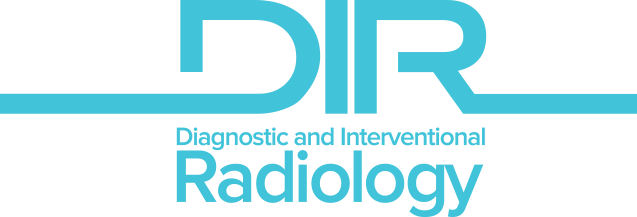ABSTRACT
PURPOSE
Fibrin sheaths are a significant cause of dialysis catheter dysfunction. This study aimed to determine the role of anticoagulation, antiplatelet medications, and other factors in delaying fibrin sheath formation.
METHODS
An institutional review board-approved retrospective review of all patients treated for tunneled dialysis catheter fibrin sheaths from January 2014 to January 2020 was undertaken. All catheters were symmetric tipped, 14.5 F in diameter, and placed via the internal jugular vein. Seventy patients with venographically confirmed fibrin sheaths that developed after de novo catheter placement were identified. Recurrent fibrin sheaths were excluded. The impact of anticoagulation and antiplatelet therapy, as well as statin therapy, catheter side (right or left), hematocrit, platelet count, prothrombin time (PT), and international normalized ratio (INR), on the time to fibrin sheath formation was determined.
RESULTS
Patients on anticoagulation had a longer median catheter implantation time of 109.2 days (interquartile range (IQR): 29.3-178.5 days) compared to 80.7 days (IQR: 28.0-168.6 days) among patients not on anticoagulation. Catheter dwell time among patients taking antiplatelet therapy was 86.0 days (IQR: 31.5-160.7 days) versus 74.4 days (IQR: 27.5-202.4 days) for patients not on antiplatelet medication. Patients taking statins versus those not taking statins had median catheter dwell times of 97.5 days (IQR: 27.5-138.5 days) and 62.4 days (IQR: 29.9-259.6 days), respectively. Time to fibrin sheath formation was not significantly associated with hematocrit (P =.16), platelet count (0.12), PT (P =.51), or INR (P =.74).
CONCLUSION
Anticoagulation has no significant benefit in delaying sheath formation in patients with tunneled dialysis catheters. Hematologic and coagulation parameters at the time of catheter placement were also not associated with catheter dwell time.



